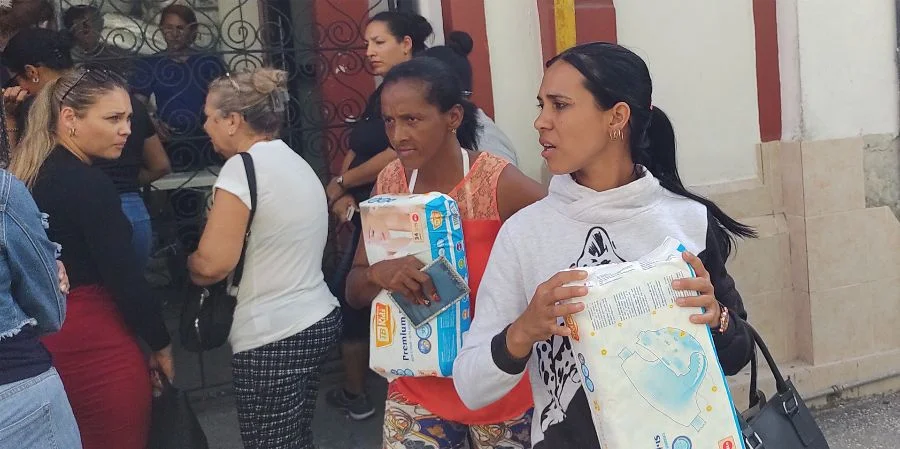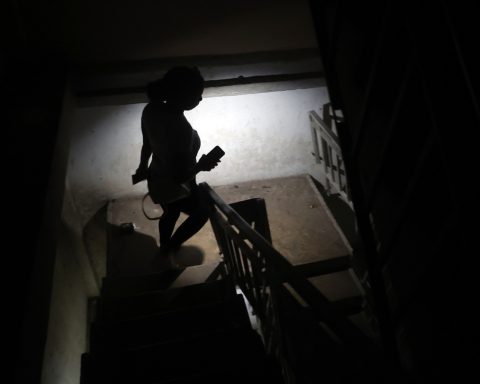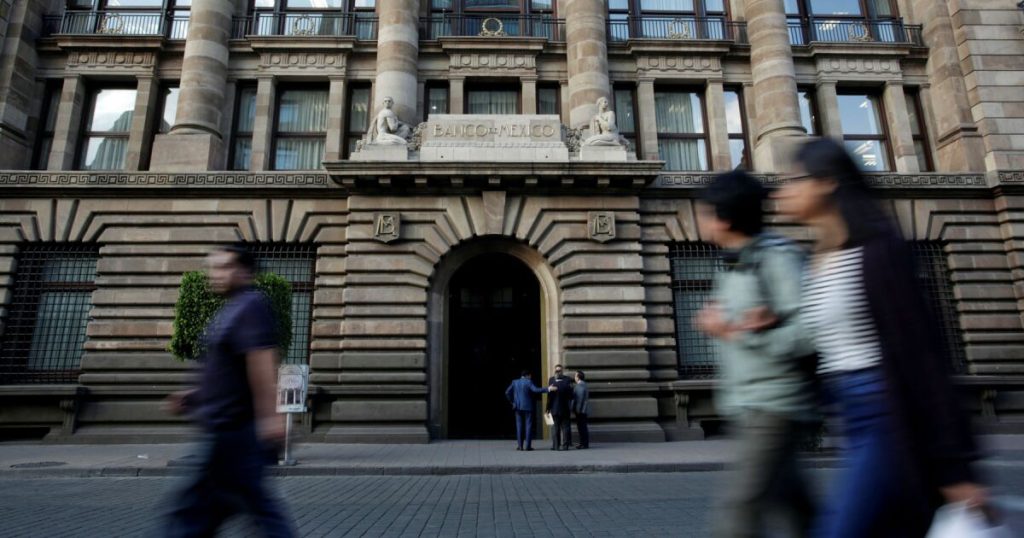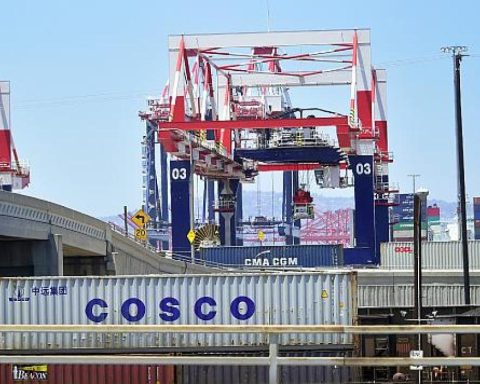HOLGUÍN, Cuba. – Strict rules govern the sale of disposable diapers for children – known by the name of one of its most popular brands: pampers― in the Luz de Yara state store, in the city of Holguin. The product will not satisfy the demand of more than a hundred women, most of them mothers with small children in their arms who are trying to silence the crying of the little ones exposed to the heat and the crowd.
One of them is Nahomi Vega, who, in conversation with CubaNet, proposes a solution to speed up sales: “Return to the idea before of making two queues, one for people who come alone and another for mothers who bring children.”
The shortage of disposable diapers adds to the long list of basic deficiencies suffered by Cuban families, and which, without a doubt, has had an impact on the low birth rate and the aging population.
The desperation of Cuban mothers has reached the point of considering emigration as the only alternative for a decent future. “Giving birth in this country means having to have more work and making your children have to have more work. “I will give birth if I leave Cuba,” she told CubaNet Lilisbé Cuellar, a young woman who accompanies her sister and her little nephew during the wait.
For her part, Erika Torres, who has been in line with her little daughter for two hours, explains that in order to purchase the diapers it is necessary to present both the supply book such as the minor’s identity card. “You must bring the child’s meal booklet and minor card, and the first and last names must match on both documents. They also check that the last name on the mother’s identity card matches the child’s last name on the minor’s card,” says Erika.
However, these requirements exclude several clients from the possibility of purchasing: Elena Moreno regrets that she cannot buy disposable diapers for her granddaughter because the girl is not registered in her supply book, although she lives with her. “They told me that if the girl’s name is not in the book they can’t sell me. “My granddaughter lives with me, but she is not in the book, and I cannot buy,” he laments.
The disorder of the queue and the failed sales system have also been criticized by people waiting. To buy diapers, mothers must first stand in line in order to obtain their ticket and, once with it, wait in a second line for the purchase, explains Yessica León, another of those present in line.
On the other hand, the slow pace of sales raises suspicions. “They [los encargados del expendio] They delay the sale to try to sneak in their friends or see how they can give the diapers to the resellers, who then give a part of the profit to the organizers of the line,” says Yohana López.
In 2019, disposable diapers began to be manufactured in Cuba by Thai Binh Global Investment Corporation, a Vietnamese company that inaugurated a factory of the demanded product in the Mariel Special Development Zone.
The company began with a production capacity of up to 120 million diapers per year and immediately became a hope for thousands of families with newborns. However, the sale of these products has been unstable and demand has far exceeded supply.


















